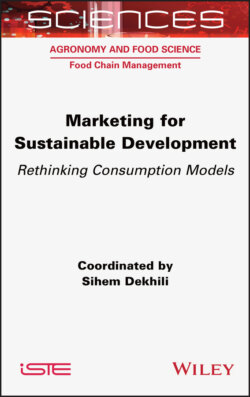Читать книгу Marketing for Sustainable Development - Группа авторов - Страница 30
2.2.2. Luxury companies and the challenge of sustainability
ОглавлениеThe various responsible initiatives taken by luxury brands have been the subject of communications, whether in detailed corporate social responsibility (CSR) reports or on their own websites. This new trend for transparency, contrary to the policy of secrecy that has always characterized the luxury sector, is intended to respond to the different pressures coming from consumers and other stakeholders. However, they expose luxury companies to two major risks. The first is being accused of greenwashing. The green market is indeed characterized by the multiplication of companies’ opportunistic behaviors that have contributed to the increase of consumer skepticism towards environmental information. In the luxury sector, Kering has recently been accused of greenwashing; the group, which considers sustainable development one of its strategic priority areas, has received criticism for its treatment of animals, especially rabbits, whose skins are destined to be used in the production of the brand’s coats. This situation refers to the concept of “hypocrisy” mentioned by DeTienne and Lee (2005). The dissemination of ecological information is, in fact, not enough to build a responsible image because companies may act inconsistently in regard to their promises of environmental and social engagement. A perception of hypocrisy has a negative impact on consumer beliefs about a company’s responsible commitment (Wagner et al. 2009). When the brand is perceived as “showing off”, owing to the misuse of the environmental argument, consumers doubt the legitimacy and authenticity of its claims (Cervellon and Shammas 2013). Luxury companies must thus be convincing in the credibility1 of their commitment to sustainable development and in the sincerity of their communications on this issue.
The second risk to which luxury companies are exposed is when their engagement relates to a negative perception of their new responsible offer. Environmental actions, such as recycling or even social initiatives, such as the replacement of animal raw materials with alternative ones (synthetic or of vegetable origin), can in fact have a negative impact on the perceived quality of luxury products.
